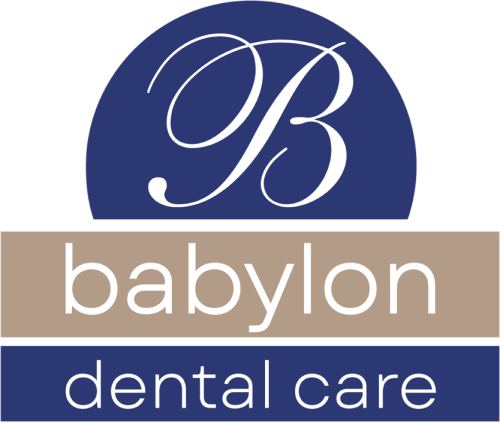Menopause brings a whirlwind of changes to a woman’s body, but did you know it can also significantly affect your oral health? A recent groundbreaking survey by Delta Dental reveals that a staggering 84% of women aged 50 and over have no idea that menopause could affect their oral health. This lack of awareness means many women are suffering unnecessarily, unaware that their dentist could help alleviate their discomfort.
The survey found that 70% of women 50 and older have experienced at least one oral health symptom since the onset of menopause. These symptoms include dry mouth (39%), receding gums (30%), tooth sensitivity or pain (28%), tooth decay (20%), bleeding gums (16%), altered taste (13%), reduced saliva production (13%), and burning tongue (5%). Despite the prevalence of these issues, most women did not connect them to the hormonal changes of menopause.
Data suggests a significant knowledge gap regarding the oral health effects of menopause. 77% of women were unaware of dry mouth as a symptom. Furthermore, the lack of awareness extended to 90% for reduced saliva production, and remained high for increased risks of tooth decay (88%), gum disease (87%), jawbone density loss (87%), tooth loss (85%), and receding gum lines (83%).
Despite this disconnect, women are eager to learn more. Nearly half of the women surveyed expressed curiosity about how menopause and hormonal changes affect their oral health as they age. When informed about the link, 77% said they would prioritize scheduling their next dental exam or cleaning, and 43% committed to spending more time on their oral health care routine.
The survey also revealed that dentists and dental hygienists are largely untapped resources for menopausal women. Only 2% of women have discussed menopause-related oral health concerns with their dentist, and a mere 1% have broached the subject with their dental hygienist.
Women are looking for more information and support. Eighty-four percent of respondents believe there should be more resources providing information about the link between menopause and overall health, and 39% think healthcare providers could do more to encourage women to ask questions about menopause. Only 26% of women consult their primary care physicians regarding menopause-related oral health concerns – the same percentage of women who seek information online through resources like Google.
Dentists also have a role to play in breaking the stigma around menopause and oral health. They should proactively check in with patients who are approaching or in menopause and discuss how they can change their oral care routines to protect their dental health.
At Babylon Dental Care, we understand the unique oral health challenges of menopause. Our team of compassionate professionals is here to listen, educate, and provide the care you need during this transformative time. We encourage you to share your symptoms and concerns with us, no matter how small they may seem. Together, we can develop a personalized treatment plan to alleviate discomfort and protect oral health.
Don’t suffer in silence. If you’re experiencing oral health changes and suspect they may be related to menopause, schedule an appointment with us today.

